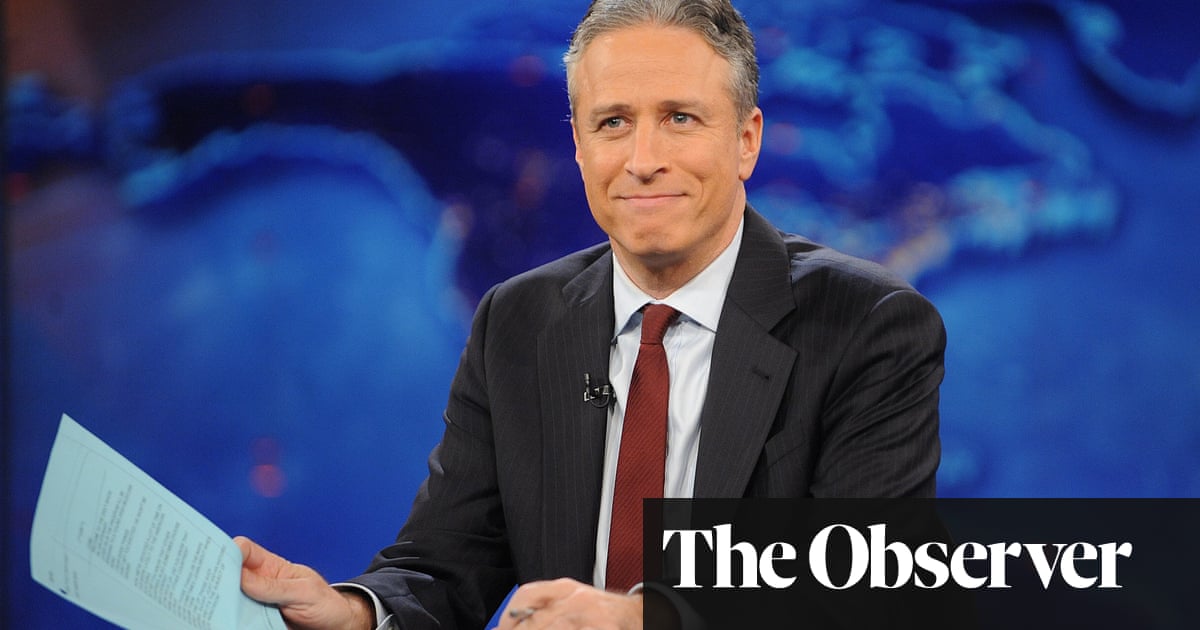
The fact that Love Is Blind was Netflix’s breakout dating show took me by surprise. I thought the real hit would be the trashier Too Hot To Handle, which forbade its contestants from having sex then did everything it could to encourage them to do just that. Instead, it was the series that attempted to prove a seemingly heartwarming theory. It argued that if the digital age of dating apps is superficial and looks-based, perhaps we should allowe two people to fall in love with one another, without either seeing what the other looked like.
Now it is back for a second season, returning in exactly the same clothes it was wearing last night. The focus is soft and the music is soaring. Every time something emotional happens, the background music swoops in at top volume, and sings the couples’ feelings, like a toddler trying to articulate itself. “I’m afraid!” goes the music, as someone reveals their vulnerabilities. “I feel it all!” it pounds, as someone tries to work out who it is they prefer, while glugging from a golden goblet. This is a series that is very pleased with its own work, its theory apparently “proven” by the first season, which provided two couples (Lauren and Cameron and Amber and Matthew) with what appear to be genuine happily-ever-after marriages. It is, insists host Nick Lachey, “a proven approach for finding love.”
Well, it is, and also, it isn’t. It is a proved approach to making undeniably gripping television, but it is as cooked-up and massaged as any other reality show. We meet 14 men and women, all claiming to be exasperated by the superficiality of modern dating, all ready to propose to someone they have never laid eyes upon. But first, the “pod” stage, which is speed dating behind frosted glass, with the couples taking more notes than Gogglebox’s Jenny watching an episode of Line of Duty. We don’t see these annotations, which is a shame. One contestant proudly writes the name of another at the very front of his book, which suggests his understanding of true love peaked at primary school.
The topics go deep, quickly. The couples talk about tough childhoods, relationship histories, racial stereotypes and assumptions based on class. The men talk about being macho, or not being macho enough; the women have a thinly veiled loathing of their own bodies, and worry that they are too old. It is depressing. But it does seem more brutally frank than most dating shows, if not in what they are actually saying to each other, then in how they are talking about themselves.
It soon becomes apparent who the “stars” of this series will be, and what their “storylines” are. Many of the contestants fail to meet their match, and simply fade into the background, and the ones who last tend to be the biggest, loudest, most complex characters. If you ever wondered whether your partner believing in evolution (or not) would be a romantic dealbreaker, then allow this show to put that to the test. Insecurities run rife, as people attempt to put their preconceived notions about what constitutes physical attractiveness to one side.
For all of its crowing about finding proof that physical attractiveness is irrelevant, though, it often proves the opposite. It shows that all people are judgmental, to some degree, and it naughtily nudges viewers to feel the same. The most enlightening moments in these early episodes are when the couples finally come face-to-face, running towards each other, or not, from behind Blind Date-style screens. (“I think you’re a beautiful person, inside and out,” says one contestant to another, just before the reveal, which is, surely, jumping the gun.) I strongly believe that you can tell in an instant whether they fancy each other or not, no matter how much they claim to be attracted to “energy”.
A holiday in Cancún, Mexico, follows the pods and marriage proposals, so that the new couples can get to know each other better before walking down the aisle. See if you can spot the fearful looks off into the distance the participants have when they think nobody is looking at them. It is all so excruciatingly, unbearably intimate. You see arguments, rows, deeply personal discussions, betrayals, regrets. Entire relationships form and collapse at a staggering rate. The programme-makers throw spanner after spanner into the works.
The spectacle is undeniable. It is hard to look away. Netflix is staggering the release of this into a semi-binge, dropping the first five episodes in one instalment, followed by the next four a week later, and the finale a week after that. I will be there until the bitter end. But am I proud of myself for it? I’m not so sure.












